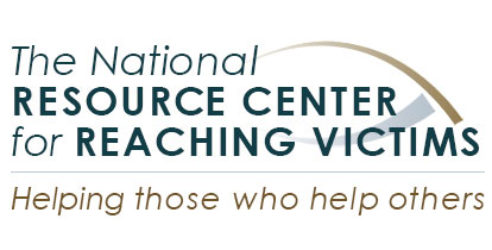Supporting Crime Victims with Disabilities Online Training Toolkit
People with disabilities turn to a variety of support systems in the aftermath of victimization, from family and friends to victim services to their local disability service provider or to law enforcement. When those support systems are knowledgeable about the needs of people with disabilities, they can broaden the paths to healing available to victims with disabilities. The Supporting Crime Victims with Disabilities toolkit was designed to provide comprehensive and culturally responsive informational and educational resources, tools, videos, and examples of best practices for law enforcement, forensic interviewers, victim advocates, and others to prepare them to effectively respond to victims of crime with disabilities across the lifespan. Leveraging the guidance and expertise of representatives from these fields, the toolkit embodies ideals of intersectionality, accessibility, and usability among others. The toolkit includes video testimonials from survivors with disabilities, recorded lectures from professionals across a variety of systems, and interactive activities. You can review the content from beginning to end or select specific topics of interest.
Explore the Toolkit
Back to the Basics
An Introduction to Disability and Victimization
This section provides basic information about disability and victimization including how to understand functional limitations, legal requirements and types of victimization.
Crime Scene to Courtroom
Information for First Responders and Legal Professionals
This section contains information about how first responders and legal professionals can effectively work with victims with disabilities.
Making the Case
Interviewing Victims with Disabilities
This section provides resources and training on interviewing both children and adults with disabilities and offers strategies for providing accommodations during the forensic interview.
Supporting Crime Victims with Disabilities from Crisis to Healing
This section provides resources and training on providing trauma-informed support for crime victims with disabilities and identifying local programs that can assist victims with disabilities.
The toolkit was designed by Vera’s Center on Victimization and Safety in partnership with the Arc, the National Children’s Advocacy Center, the National Sheriff’s Association, the National Center for Victims of Crime and other key advisors. Illustrations by Renee Ashley Hunt, Teaneck, New Jersey.

